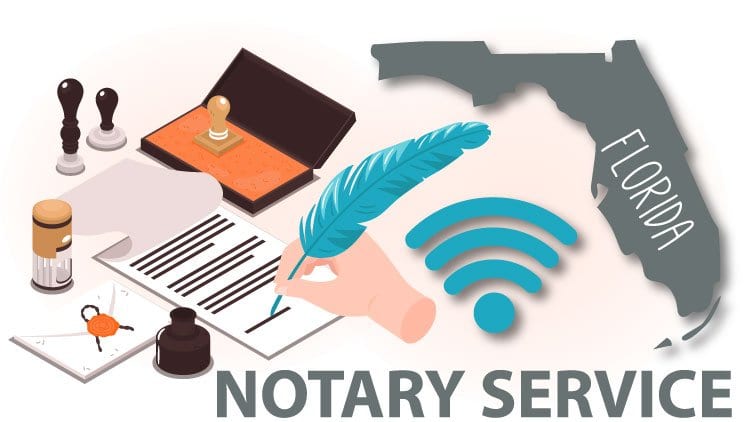DIRCO Laws Demystified: A Overview to Diplomatic Procedure
DIRCO Laws Demystified: A Overview to Diplomatic Procedure
Blog Article
Debunking Notarial Work: Streamlining the Duty and Relevance of Notaries
In the intricate internet of legal documents and verification, notaries stand as pillars of guarantee and credibility. Their duty, usually shrouded in mystery for numerous, lugs considerable weight in making certain the legitimacy and honesty of important papers. As guardians of validity and fact, notaries play a critical part in our society, yet their job is not constantly totally understood. By unwinding the complexities surrounding notarial methods and dropping light on the significance of their acts, a clearer understanding emerges of the crucial function notaries play in supporting the fabric of legal and legal agreements.
The History of Notarial Work
Exactly how did notarial job progress in time to come to be an integral component of lawful and company transactions? The background of notarial work go back to ancient human beings, where scribes played a critical function in videotaping essential info and verifying records. As cultures advanced, the need for a much more formalized system to make certain the credibility of arrangements arose. This brought about the development of notaries, individuals assigned by the state to serve as unbiased witnesses in lawful issues.
Throughout the Center Ages, notaries got prominence in Europe, with their functions broadening to include preparing lawful files, certifying signatures, and maintaining records. The rise of international trade better emphasized the significance of notarial operate in validating contracts and contracts across borders.
In the modern age, notaries continue to play a crucial function in legal and service purchases by validating identifications, validating the authenticity of files, and avoiding fraud. Their role in certifying the legitimacy of arrangements includes a layer of protection and depend the ever-evolving landscape of commerce and regulation.

Tasks and Duties of Notaries
Notaries play an important duty in verifying the credibility of papers and the identity of notaries. One of their primary duties is to witness the finalizing of essential documents, such as agreements, deeds, and wills, to guarantee that all events are getting in into agreements intentionally and voluntarily.
Additionally, notaries are entrusted with administering affirmations and oaths, which are essential in lawful process and the implementation of testimonies. They certify duplicates of initial records, providing guarantee to organizations that the duplicates are true reproductions of the originals. Notaries need to preserve precise documents of all purchases they oversee to guarantee transparency and accountability. In general, the tasks and obligations of notaries are crucial in safeguarding the stability and legitimacy of different files and purchases.
Notarial Certificates and Signatures
Exhibiting precise attention to detail, notarial certificates and trademarks act as vital elements in confirming the authenticity of legal records. Notarial certificates generally contain critical info such as the day of notarization, the names of the signatories, a summary of the paper, and the notary's main seal. These certifications provide a clear document of the notarial act, making sure that the record can be conveniently determined and mapped back to the notary who looked after the process.
Trademarks play a critical duty in notarial job, as they represent the arrangement and approval of the events involved. Notaries carefully witness the finalizing of documents to confirm the identity of the signatories and verify that they are authorizing of their own totally free will. By affixing their main seal and trademark to the file, notaries certify that the necessary procedures have actually been followed which the paper is valid and enforceable.
In significance, notarial certifications and trademarks are the trademark of credibility in lawful transactions, giving guarantee to all parties included that the records are legitimate and binding.
Value of Notarial Acts

Notarization Process Described
The notarization procedure commonly begins with the individual offering the document to a notary public. As soon as the identification is confirmed, the notary ensures that the individual signing the document does so voluntarily and without any coercion.
Conclusion

Notarial certificates generally include vital information such as the day of registration, the names of the signatories, a description of the document, and the notary's main seal. These certificates provide a clear document of the notarial act, guaranteeing that the document can be easily determined and mapped back to the notary who oversaw the process.
By affixing their main seal and trademark to the paper, notaries certify that the necessary procedures have actually been complied with and that the record is enforceable and valid.
By validating the identification of the signatories, validating their desire to get in into the contract, and accrediting the day and place of the finalizing, notaries play a crucial role in upholding the credibility of legal papers.After the file is signed, the notary will fasten their main seal or stamp onto the file.
Report this page